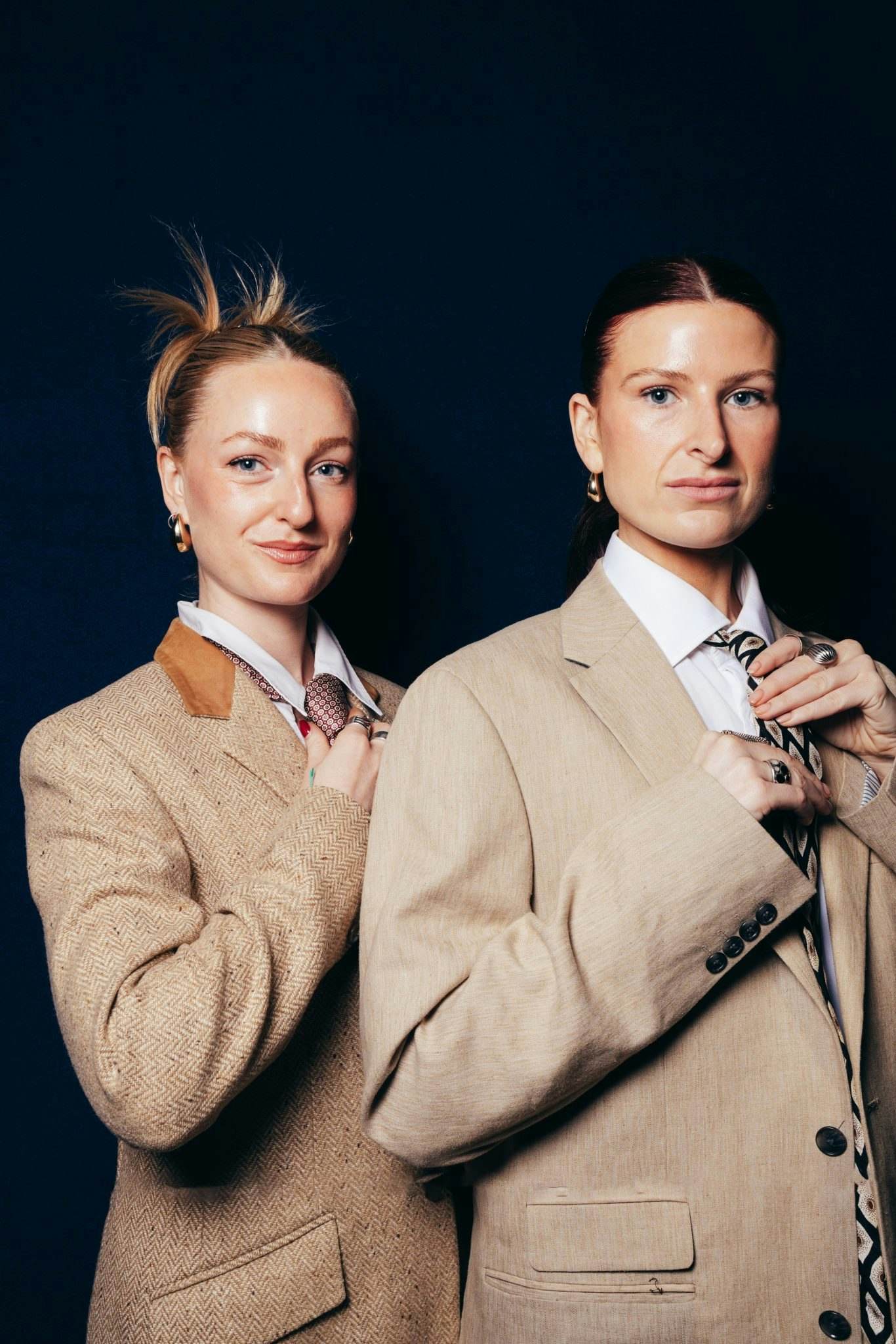Unicorns aren’t the rare beast they once were in European tech — despite the long odds that companies shooting for that milestone still face.
Europe is now home to over 120 unicorns, according to Sifted's definition, 70 of which graduated in 2021 alone — more than triple the 18 new entries of 2020 and four times as many as all unicorns minted on the continent before 2014. That means Europe made more than five unicorns a month in 2021. And 2022 is already off to a quick start too — French HR tech PayFit announced a €245m Series E yesterday, reaching a €1.82bn valuation.
Combining Dealroom data with bespoke analysis from our unicorn rankings, we've picked out some encouraging trends in the ecosystem — and some troubling ones too.
A global achievement
On a global scale, Europe snatched second place for most new unicorns last year with a comfortable lead over China (20), but lagged far behind the US’s tally of 285. The rest of the world combined produced just over 100 unicorns.
While there's still a long path to the top, this year’s data has established that Europe is up there to play for the gold medal.
Growing at lightspeed
Around 38% of new unicorns were launched in 2016 or later, and only 25% prior to 2011. The average timespan to the $1bn mark was eight years.
The fastest startups to achieve unicorn status were an unstoppable Berlin-based “quartet”: Razor, Gorillas, SellerX and Flink, founded in March, June, September and December 2020, respectively. Gorillas set the record for fastest unicorn in just over nine months, beating Hopin’s 17-month record easily.
The slowest — or rather most persistent — was business platform Odoo, launched in 2005 and crowned in July this year.
Fintech retains the crown
The number of new unicorns minted in each sector reflected ecosystem-wide investment trends, with the exception of food and jobs recruitment.
Fintech unicorns attracted roughly $16bn in funding in 2021, making the sector the undisputed champion with 32 newcomers, some of which are already household names, like Starling Bank and Qonto.
The pandemic accelerated the growth of telehealth solutions (SWORD Health, DocPlanner), enterprise software (Hibob, Matillion) and food delivery compared with pre-2019 levels.
Despite volatility in the energy market, Enpal, BritishVolt and ACT Commodities all grew a horn this year, though transportation startups are still lagging behind confidence from investors.
Unicorns eat like horses
Along with exits and acquisitions, unicorns have captured a total of $46.3b in investment in 2021, 60% of which was VC-led, compared to 18% from corporate funds. That’s a 38% share of total funding for the year.
June was the hottest month with $9.1bn — which is equal to 67% of unicorn investment for the whole of 2020.
The UK topped the list for the third consecutive year, seeing its investment almost triple from $5.6bn in 2020 to $14.4bn in 2021. Germany followed just after, and Sweden came in third place over France for the third year in a row.
All countries in the top 10 at least doubled their unicorn investment levels compared with 2020.
Just under 50% of unicorn investment came from the US, 13% from Asia and 35% from Europe. The most prolific investors are well known within the European tech scene.
According to Sifted analysis as of December 15, SoftBank backed the most unicorns (nine), followed by Balderton, Tiger Global and DST Global (eight). Other notable investors included Eurazeo, Accel, Tencent and General Atlantic.
Moonpay and Bunq were the only bootstrapped companies to hit the $1bn mark, while Gorillas received the most funding in a single 2021 round — almost $1bn in October — followed by Flink and Trade Republic.
Diversification is for portfolios only
A higher number of $1bn+ companies is a good proxy for a healthy and competitive environment, but there are also some troubling trends that stood out this year, which reflect deeper issues within the ecosystem.
Diversity took a substantial hit in 2021, with a slim 1.1% of VC total capital captured by female founders, and 2% by all-ethnic minority founding teams, according to Atomico’s State of European Tech report. Things are no different for unicorns.
Only 3.9% of founders or cofounders were women: Anne Boden (Starling Bank), Sophie Hersan and Fanny Moizant (Vestiaire Collective), Manuela Rabener (Scalable Capital), Ida Johnsen (Oda), Sofia Nunes (Mambu), Victoria van Lennep (Lendable) and Osnat Michaeli (Infarm). The highest proportion of female founders belonged to fintech, with one for every 19 men.
Although some positive stories are emerging — Zepz and Marshmallow were the first two Black-founded unicorns in the UK — ethnic minority founders received only 1% of VC investment at late-stage scaling rounds.
When things (don’t) go south
Geographical distribution was also uneven. 75% of new unicorns were from three countries only — the UK, Germany and France. The hottest hubs were their respective capitals, with London and Berlin being home to roughly half of all unicorns. The second-best macro area was the Nordics, with six combined.
About half of the countries in the EU have seen no unicorns in 2021, some haven’t seen any in years, and others simply never have. Southern and eastern Europe in particular are struggling to attract significant investment to nurture their sparkles. As the map below shows, a perfect line cuts through Budapest and Minsk, dividing Europe in two in terms of unicorns.
What 2022 holds
2021 has been a record-breaking year on all fronts, and 2022 is set to follow suit.
All eyes will be on expected exit paths and IPOs — including Klarna, N26 and Checkout.com. A number of unicorns may also go on to become decacorns, joining the current list of six.
Diversity will be on the agenda, as VCs are finally starting to take the issue seriously. Several VC funds backing female and ethnic minority founders have been set up over 2021, instilling hopes of increased diversity among the $1bn club.
And if this year’s investment patterns are maintained, geographical distribution is also set to improve, as more countries converge towards the top half of the prestigious list.
Sifted defines a unicorn as a privately held, VC-backed company valued at $1bn. To be considered unicorns, startups must have: reached a $1bn valuation on any round previous to IPO or acquisition, been founded after 2005 and be founded and headquartered in Europe. Companies valued at $1bn at IPO but never at any prior financing stage are not considered unicorns as they are no longer privately held at that valuation.
Federico Scolari is data intern reporter at Sifted.
*This article has been updated to include Turkey as part of the count.



